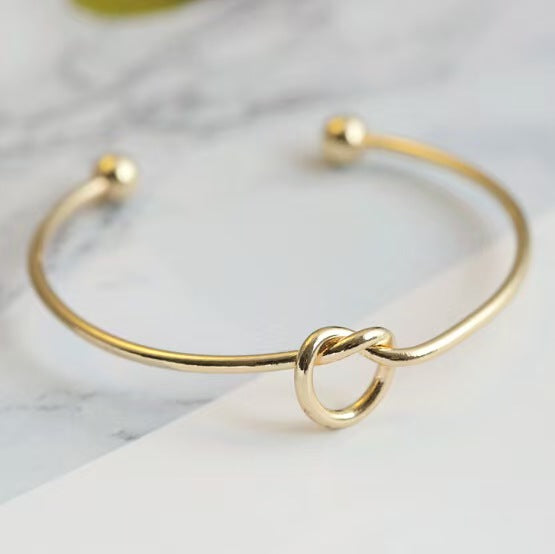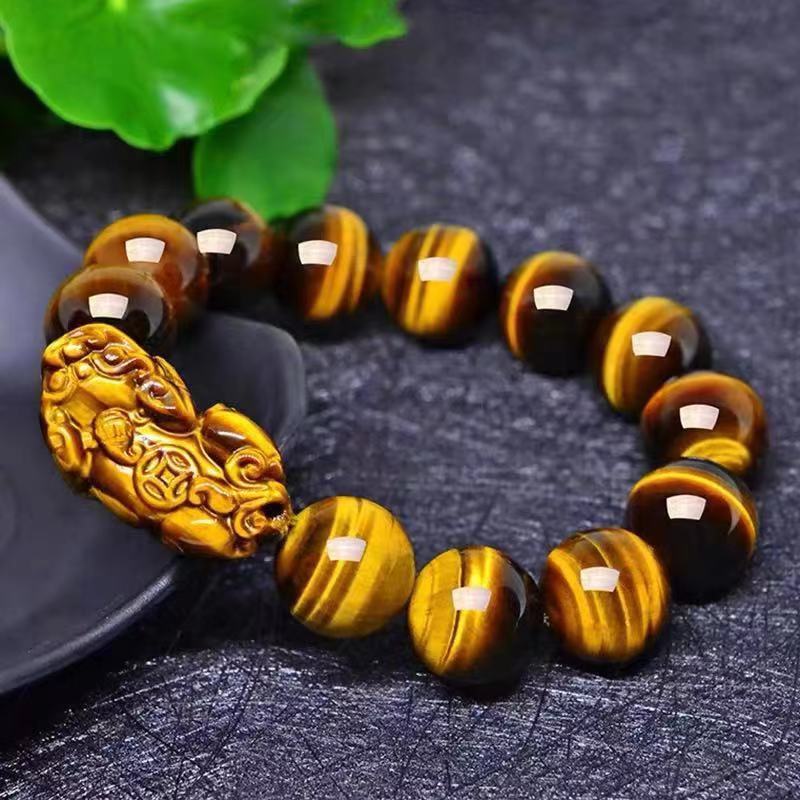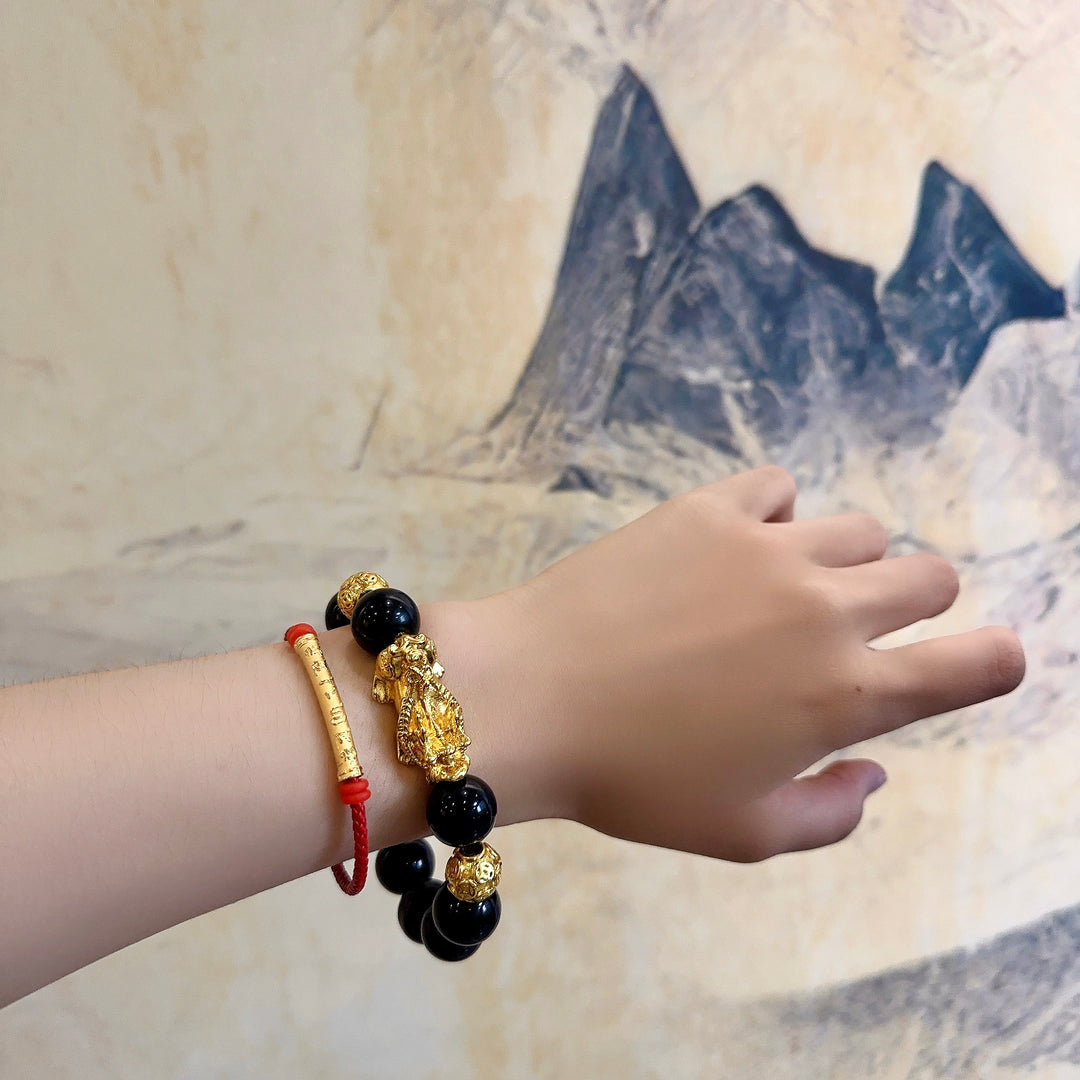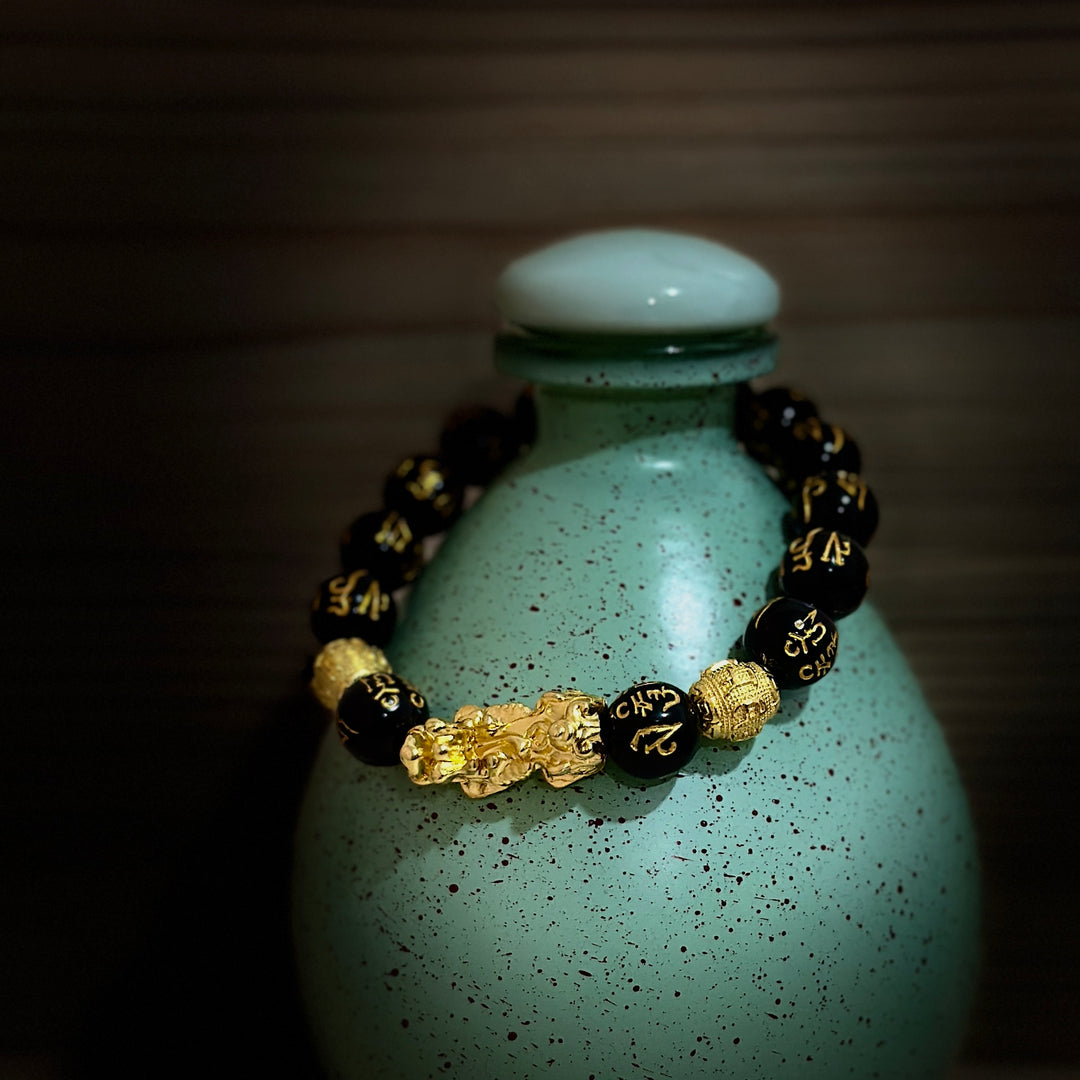Inside this Article:
- Key Takeaways
- 1. Astronomy and Ancient Calendars
- 2. The Five Elements Theory (Wu Xing)
- 3. Yin-Yang Balance
- 4. Stems and Branches System and the Zodiac Influence
- 5. Historical Background and Cultural Influence
- 6. Personalized Auspicious Days Based on Zodiac and Birth Elements
- 7. The Influence of the Tai Sui (Grand Duke of Jupiter)
- 8. Annual Flying Stars
- 9. The Influence of the I Ching (Book of Changes)
Key Takeaways
- Discover why certain days are considered auspicious or avoidable in feng shui.
- Learn the influence of astronomy, the Five Elements, Yin-Yang balance, and the Chinese calendar on daily activity guidance.
- Find out how individual birth elements, the Tai Sui, Flying Stars, and I Ching hexagrams impact your daily choices.
- Explore how aligning with nature’s rhythms and universal forces can enhance harmony in your life.
- Gain practical tips on choosing protective charms to maintain peace on unavoidable inauspicious days.
Recently, many fans have been asking me why some days are considered auspicious days, while others should be avoided for certain activities. Below, I’ll give a thorough answer.
The practice of labeling each day as either auspicious or one to avoid is rooted in Chinese traditional culture and feng shui principles. This system has developed over centuries and draws from multiple concepts, including ancient astronomy, the Five Elements (Wu Xing), Yin-Yang balance, and the traditional Chinese calendar. Here’s a breakdown of these ideas:
1. Astronomy and Ancient Calendars
Chinese astrologers observed the patterns of celestial bodies like the sun, moon, and the five visible planets. They understood these bodies’ movements formed cycles that impacted nature and human affairs. Using these observations, they created the lunar calendar, where certain days are thought to align with specific energies. For example, days when the moon is full might bring an energy suited to bonding and connection, while a new moon might favor beginning new ventures. Thus, each day holds distinct energies that can align well or poorly with different activities, and this forms the basis for distinguishing auspicious and avoidable days.
2. The Five Elements Theory (Wu Xing)
Chinese culture views the world through the lens of the Five Elements—Wood, Fire, Earth, Metal, and Water—each associated with specific qualities. These elements either support (auspicious) or counteract (avoidable) each other based on their inherent relationships. The Five Elements influence a day’s specific qualities, so a day rich in Wood energy might be good for growth or starting something new, while a Metal day might be ideal for financial decisions. On the other hand, conflicting elements within a day’s energy profile can create instability, making it wise to avoid certain actions.
3. Yin-Yang Balance
Yin-Yang, the foundational Chinese philosophy of duality, is also central to daily activity guidance. Yin and Yang embody the contrasting forces in nature—passivity and activity, darkness and light, etc.—and harmony between them is believed to lead to positive outcomes. Certain days may have more Yang energy, making them auspicious for social gatherings, decision-making, or ventures that benefit from boldness. Meanwhile, days high in Yin energy might be better suited for introspection, planning, and less outward-focused tasks.
4. Stems and Branches System and the Zodiac Influence
The Stems and Branches system (ten Heavenly Stems and twelve Earthly Branches) is a traditional calendar framework that influences the energy of each day. Each day’s stem and branch combination can either harmonize with or clash with that year’s or month’s energies. Auspicious days occur when the day’s combination is harmonious with the year’s dominant energies. For example, in a year of the Ox, days influenced by energies compatible with the Ox are considered auspicious, while clashing energies may make other days less ideal.
5. Historical Background and Cultural Influence
Religion, folklore, and cultural beliefs have historically shaped daily guidance. Some days are designated for religious observances, while others are seen as inauspicious due to historical events or traditional beliefs. For instance, many people avoid important decisions on the lunar month’s 7th day (commonly observed as Ghost Day) due to associations with spirits. Such observances add to the sense of auspicious and avoidable days.
6. Personalized Auspicious Days Based on Zodiac and Birth Elements
A person’s individual astrology, derived from their birth elements and animal sign, also affects the interpretation of auspicious days. Some days may align well with an individual’s elemental needs (i.e., a Metal day for someone who needs stability), while others could intensify challenging elements (such as a Fire day that may increase tension for certain individuals). A personalized chart considers these factors and provides custom guidance.
7. The Influence of the Tai Sui (Grand Duke of Jupiter)
The Tai Sui, or “Grand Duke of Jupiter,” is the presiding energy of each year and one of the most significant influences in annual feng shui practices. In traditional belief, angering the Tai Sui or working against its influence brings potential setbacks. The year’s Tai Sui position changes annually, so activities clashing with this direction on specific days may be avoided. Conversely, days that do not conflict with the Tai Sui’s direction might be considered more auspicious.
8. Annual Flying Stars
Flying Star Feng Shui considers the yearly movement of nine stars associated with luck, health, and prosperity. Each star governs a certain direction, so days when favorable stars align with positive directions may boost auspicious energies, while other days might require caution to avoid the effects of less favorable stars. This is why people often consult a chart to find favorable and avoidable days for specific activities.
9. The Influence of the I Ching (Book of Changes)
Finally, the I Ching (or “Book of Changes”) has long guided daily decisions with its system of hexagrams, each of which represents different forces or stages in a cycle. The I Ching has been a fundamental philosophical tool in feng shui, lending additional depth to the idea of auspicious days by correlating the day’s forces with natural cycles. Each day aligns with a particular hexagram that can indicate harmony or disharmony for different activities, further guiding the determination of auspicious and avoidable days.
In essence, the Chinese feng shui system of auspicious and avoidable days embodies a nuanced view of nature’s rhythms and forces. Although Western cultures may not have an identical tradition, similar principles are found in astrology, religious observances, and natural markers. At its core, feng shui reflects respect for universal rhythms, aiming to harmonize our activities with nature and its vast cycles for an optimally balanced life.
If, due to circumstances, you’re unable to avoid certain days marked for caution, I recommend wearing a hand-blessed protective bracelet from the FengshuiTell team. Our bracelets are primarily charitable in nature, making them affordable yet genuinely beneficial for peace and protection.















Leave a comment